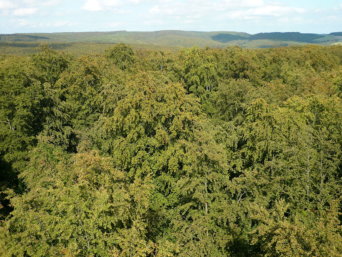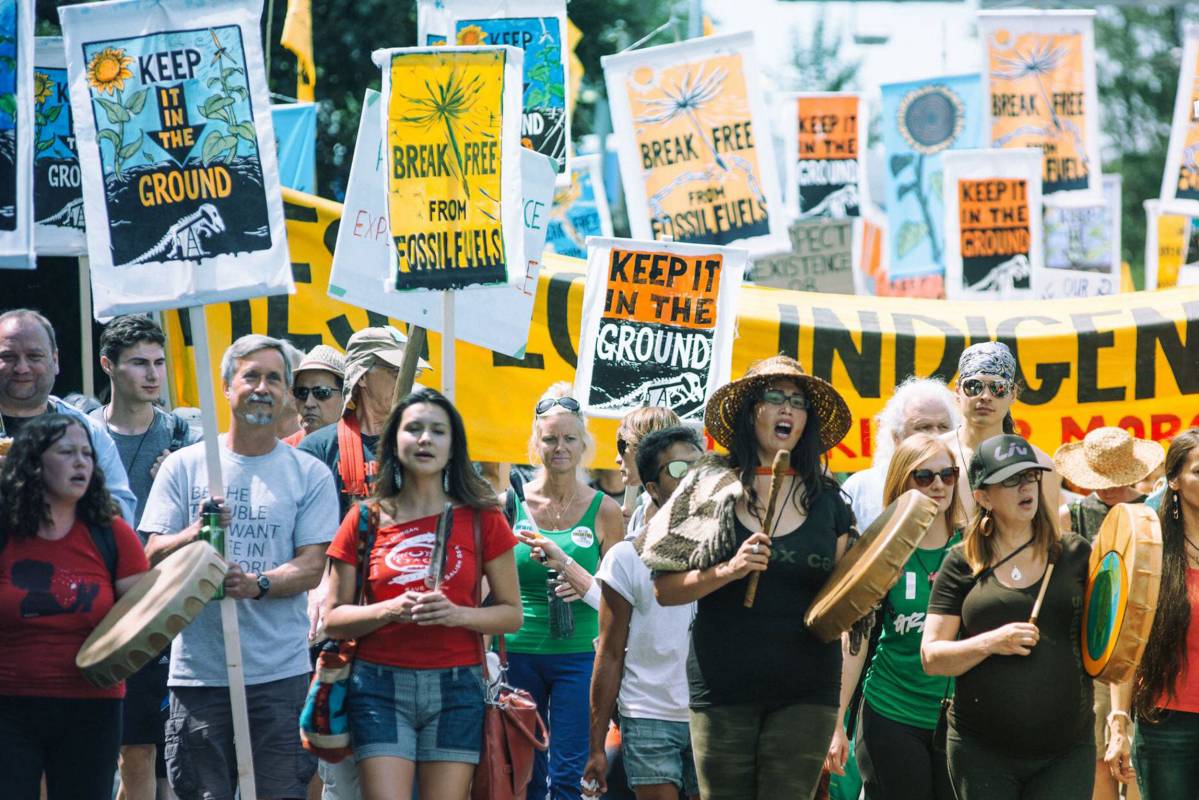- About
- Topics
- Story
- In-Depth
- Picks
- Opinion
- News
- Donate
- Signup for our newsletterOur Editors' Best Picks.Send
Read, Debate: Engage.
April is the cruellest month. So begins the Waste Land, evoking post-war terror and sorrow. But this poem, published in 1922, sounds as though it’s from a different world. By line four, it still makes reference to something called “spring rain”. It might not be a complete anachronism to talk about April showers, but it’s certainly becoming quaint.
2018 in Germany was the driest year recorded. April of that year was the driest April. Until of course 2019, where so far, hardly any rain has fallen. One year may be an anomaly. Two years could be the beginning of a pattern. Germany, like nearly everywhere else on the planet is suffering from a continued pattern of extreme weather.
As Deutsche Welle explans:
This has led to the country issuing extreme weather warnings, particularly to forested regions. The paucity of rain has already caused a number of fires across the country. Cottbus, Nuremberg, Schwerin, and Brandenburg have already experienced fires in forested regions, which required immense responses from authorities. Forests are so dry, that causes such as minor nearby electrical faults have been cited as sparking hectare-wide conflagrations.
Climate Change isn’t something that impacts other people, elsewhere. Nor is it simply the pet political project of an elite class. It’s a real set of phenomena which affects everyone, and as many commentators point out, it affects poorer people disproportionately. Countries in the Global South will have greater difficulties in managing the effects of climate change, due to geographical problems, but also because of their relatively underdeveloped response structures. In the Global North, poorer communities will suffer more than richer ones, because poorer communities such as farming ones will be more dependent on environmental stability in a direct way; and inner-city areas will be attended to less readily than richer communities.
In the US, arguments are being made for a so-called “Green New Deal” - a way to address climate change and inequality, by showing how these two are linked. In Germany, no such arguments are being made. Instead, centrist policies advanced by the Green Party are gaining traction. In itself, this is positive, but it is still couched in the real problem of capitalist growth; the Greens are trying to solve climate change through technology and capitalism.
As forest fire warnings are issued around the country, the obvious question is why doesn’t Germany have a Green New Deal?
Photo: Ramessos ,CC BY-SA 3.0

